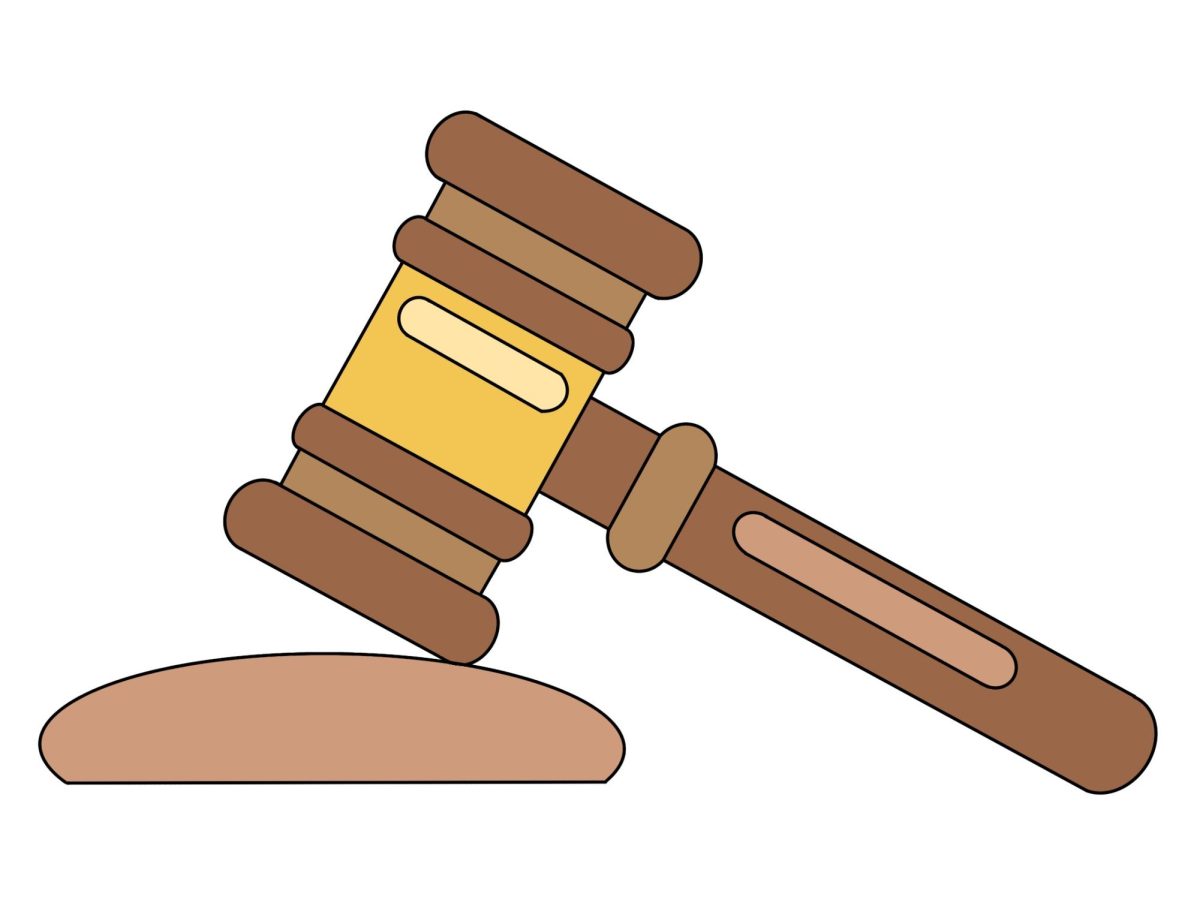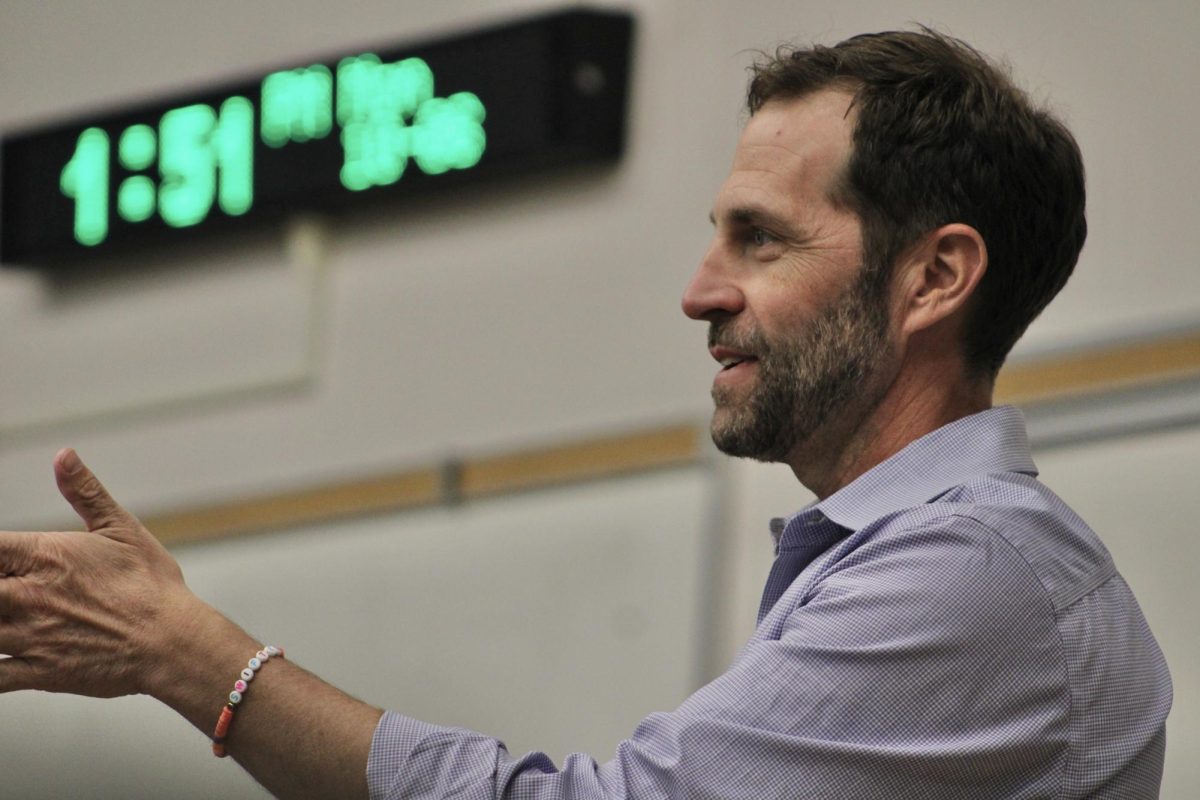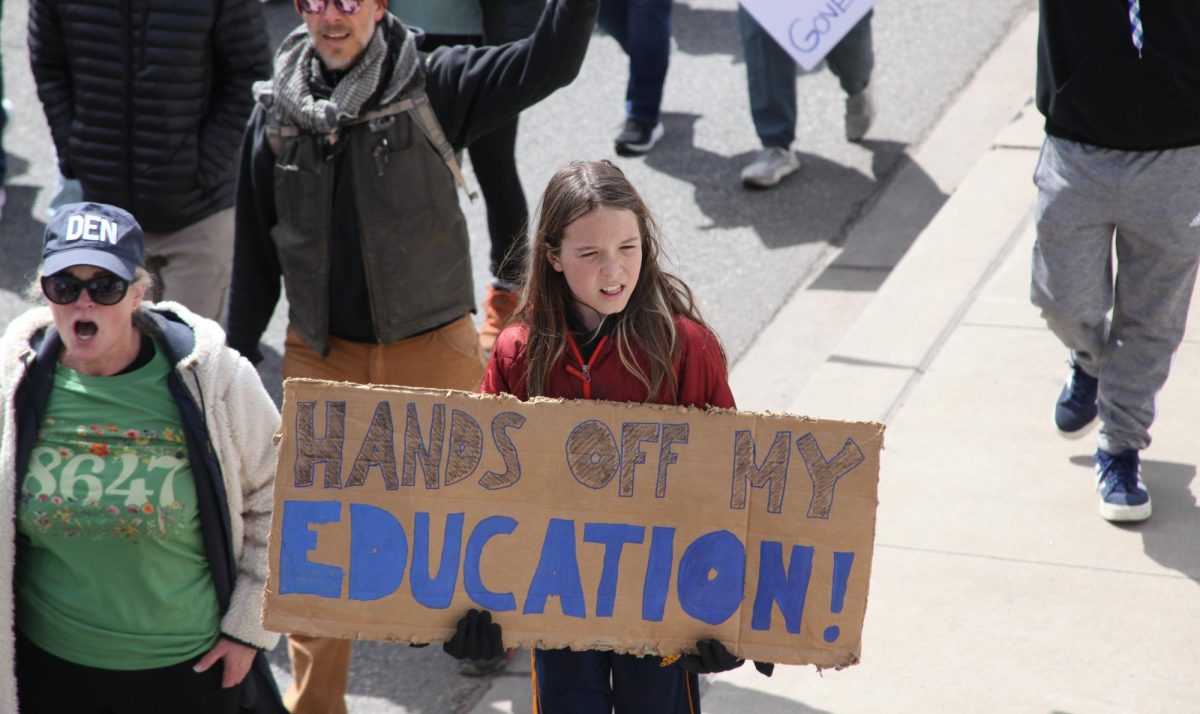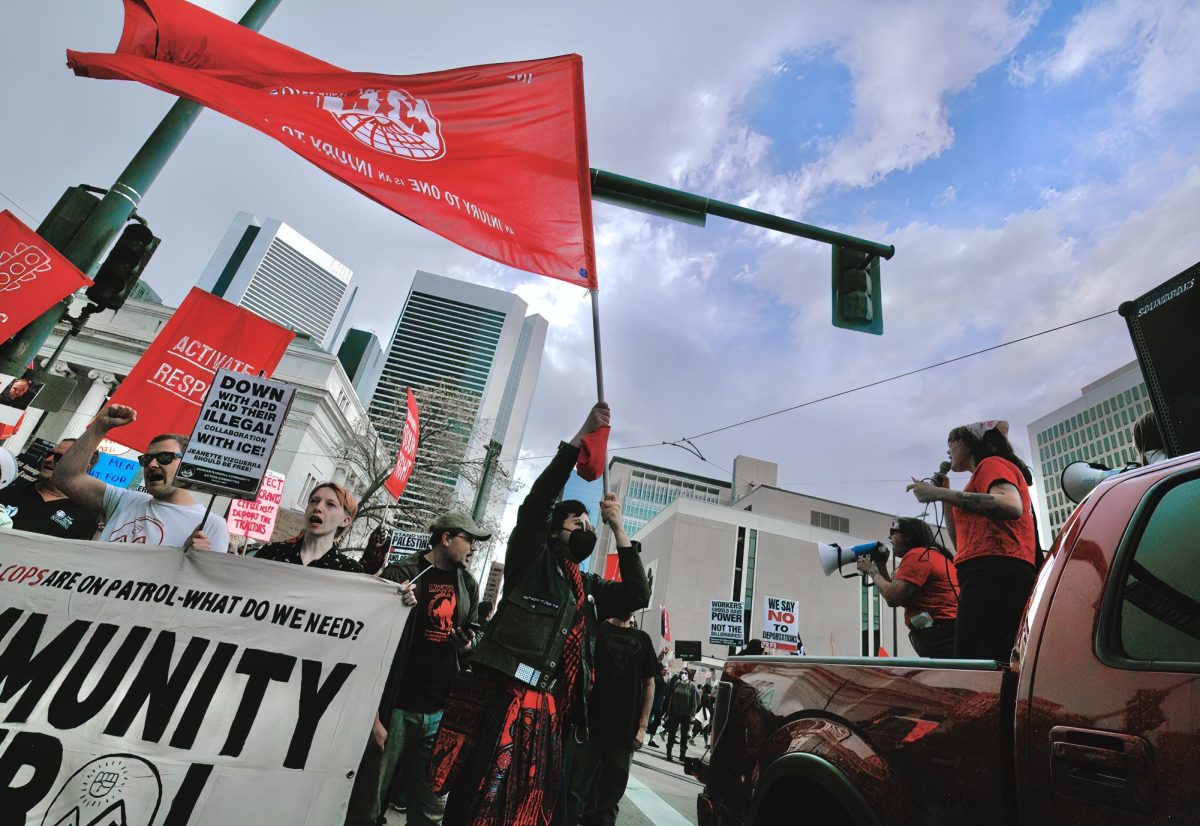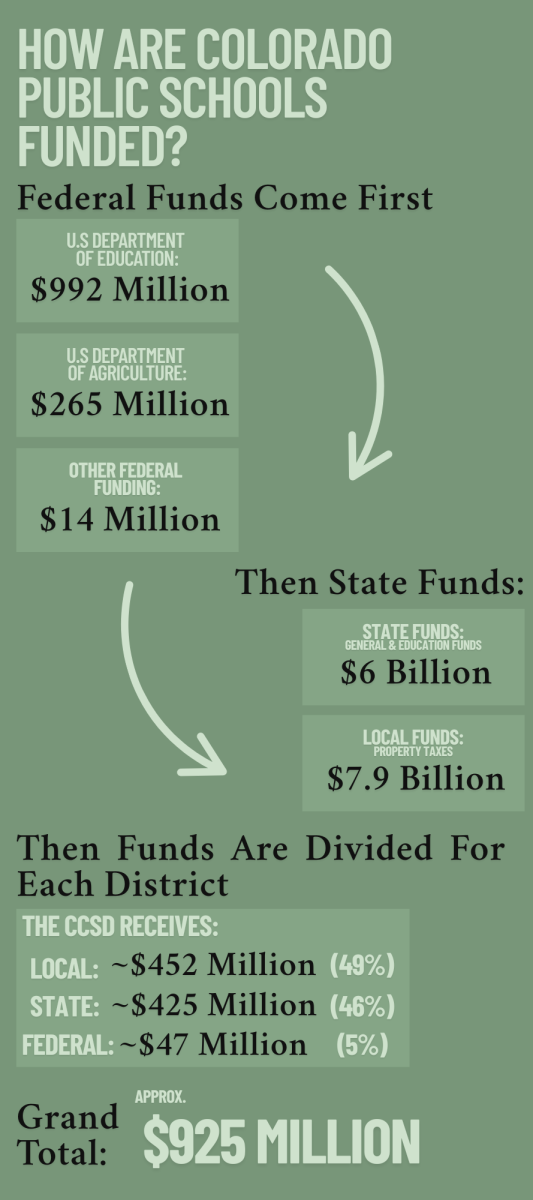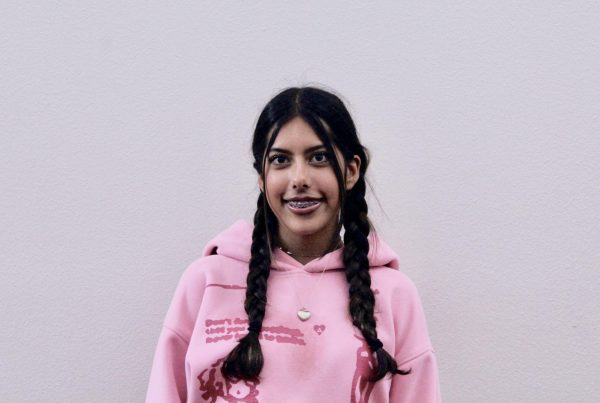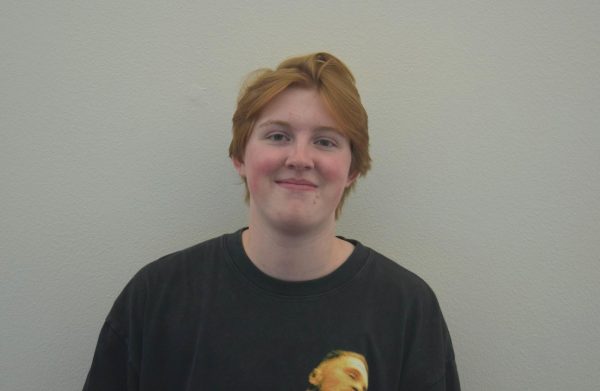Teen Court is a national organization for teenagers who are first-time youth offenders. After pleading guilty, these offenders are referred to Teen Court where their peers serve as prosecutors and help determine an appropriate punishment.
“I started to really like government in eighth grade, so my mom and I started researching things to help me follow that ambition,” freshman Sunand Bhandaram said. Bhandaram is a defense attorney for Teen Court, helping him gain experience with his dream of becoming a lawyer.
Anyone in seventh grade or above can do jury duty. If you’re in eighth grade or higher are free to go through either a two week or 20 hour long training process to become a prosecutor or defense attorney.
“I went during the summer, and after the judge taught us how to write cases, we did a practice mock trial and got our certifications,” senior Neil Patel said.
Cases that are admitted to Teen Court are referred from the Municipal Court, generally involving the school community. Usually, this includes cases regarding marijuana or physical fights. Cases involving more serious offenses are not eligible.
“The most common case is where students come in and will sit at a big table, and they’ll just talk to us about the incident,” Patel said. After the interview, the defendant is then placed in front of a jury of peers and is represented by a student attorney. Defendants are required to testify, and can then be asked questions from the defense and the prosecution.
Afterwards, the peer jury then must come to a conclusion about an appropriate punishment, usually involving community service, or sometimes an apology letter. “The goal of Teen Court is to make sure these kids don’t commit a crime again, that we’re administering restorative justice that fixes the harm in the community they did,” Patel said
Defendants then must carry out their sentence within 10 weeks. If they complete the Teen Court requirements and have no further violations during a one year deferred judgment, they will have their case dismissed.
Organizers believe that the program is valuable. “I love that we give young juvenile first-time offenders the opportunity to rehabilitate and learn from their mistakes without it affecting the rest of their lives,” Teen Court coordinator Rebecca Huska said.

